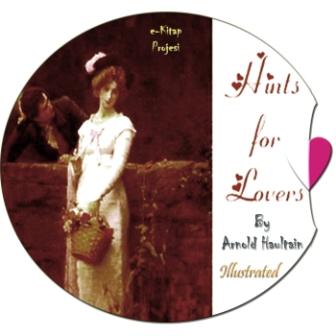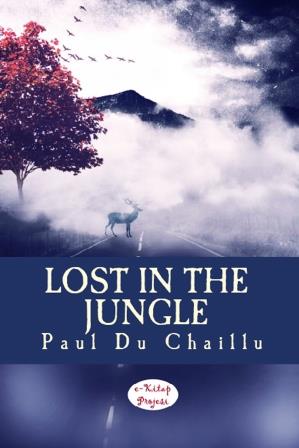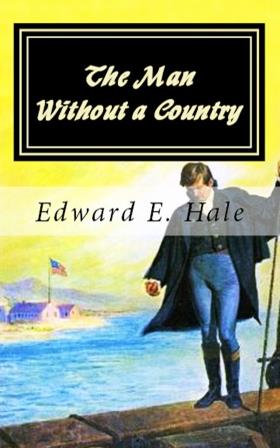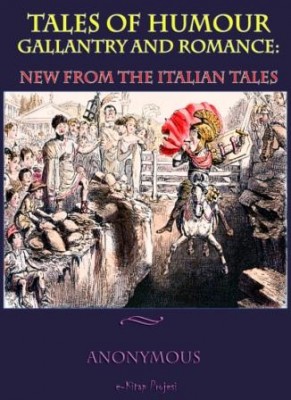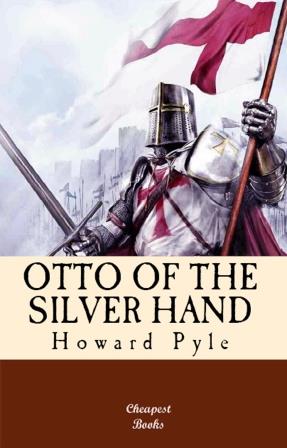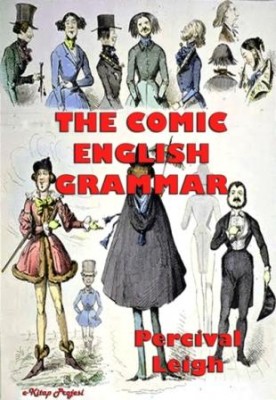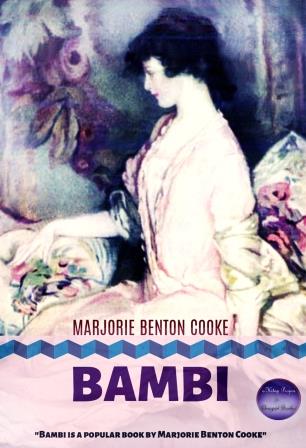More Search Results...

Hard Times
‘Now, what I want is, Facts. Teach these boys and girls nothing but Facts. Facts alone are wanted in life. Plant nothing else, and root out everything else. You can only form the minds of reasoning animals upon Facts: nothing else will ever be of any service to them. This is the principle on which I bring up my own children, and this is the principle on which I bring up these children. Stick to Facts, sir!’
More info →Call of the Wild
The Call of the Wild is a novel by American writer Jack London. The plot concerns a previously domesticated and even somewhat pampered dog named Buck, whose primordial instincts return after a series of events finds him serving as a sled dog in the treacherous, frigid Yukon during the days of the 19th century Klondike Gold Rushes.
More info →Hints for Lovers
There are of course, girls and girls; yet at heart they are pretty much alike. In age, naturally, they differ wildly. But this is a thorny subject. Suffice it to say that all men love all girls-the maid of sweet sixteen equally with the maid of untold age.
More info →Lost in the Jungle
MY Dear Young Folks,—In the first book which I wrote for you, we traveled together through the Gorilla Country, and saw not only the gigantic apes, but also the cannibal tribes which eat men.
In the second book we continued our hunting, and met leopards, elephants, hippopotami, wild boars, great serpents, etc., etc. We were stung and chased by the fierce Bashikouay ants, and plagued by flies.
More info →Liberty Girl
“Oh, Nathalie, I do believe there’s Grace Tyson in her new motor-car,” exclaimed Helen Dame, suddenly laying her hand on her companion’s arm as the two girls were about to cross Main Street, the wide, tree-lined thoroughfare of the old-fashioned town of Westport, Long Island.
Nathalie Page halted, and, swinging about, peered intently at the brown-uniformed figure of a young girl seated at the steering-wheel of an automobile, which was speeding quickly towards them.
The Man Without a Country
"The Man Without a Country" first appeared in the Atlantic Monthlyfor December, 1863. It was the author's wish that it be published anonymously, in the hope that it might be ascribed to some officer of the Navy; but unfortunately, the man who compiled the year's index for the magazine, which was mailed with the December number, recognized Dr. Hale's handwriting, and gave him credit for it in the index.
More info →Tales of Humour Gallantry and Romance
These tales are translated from a variety of authors. The translator has been chiefly led to the task by the hope of composing an entertaining volume out of materials not generally accessible. The works in which many of them are found, are by no means common, and the indelicacy with which almost all collections of Italian tales are polluted, deservedly excludes them from general perusal. Such care has, however, been employed in the following selection, and such liberties taken with the originals
More info →Otto of the Silver Hand
Yet, though the world's life then was so wicked and black, there yet remained a few good men and women here and there (mostly in peaceful and quiet monasteries, far from the thunder and the glare of the world's bloody battle), who knew the right and the truth and lived according to what they knew; who preserved and tenderly cared for the truths that the dear Christ taught, and lived and died for in Palestine so long ago.
More info →The Comic English Grammar: Illustrated
English Grammar is divided into four parts-Orthography, Etymology, Syntax, and Prosody; and as these are points that a good grammarian always stands upon, he, particularly when a pedant, and consequently somewhat flat, may very properly be compared to a table. Latinised English, or Fine English, sometimes assumes the character of Comic English, especially when applied to the purposes of common discourse; as "Extinguish the luminary," "Agitate the coramunicator," "Are your corporeal functions in a condition of salubrity?" "A sable visual orb," "A sanguinary nasal protuberance." American English is Comic English in a "pretty particular considerable tarnation" degree. The way in which we imitate foreign manners and customs is very amusing. Savages stick fish-bones through their noses; our fair countrywomen have hoops of metal poked through their ears. There being no other assignable motive for these and the like proceedings, it is reasonable to suppose that they are adopted, as schoolboys say, "for fun."
More info →Bambi
"Professor James Parkhurst, I consider you a colossal failure as an educator," said Francesca, his daughter, known to friend and family as Bambina, or Bambi for short.
More info →


































